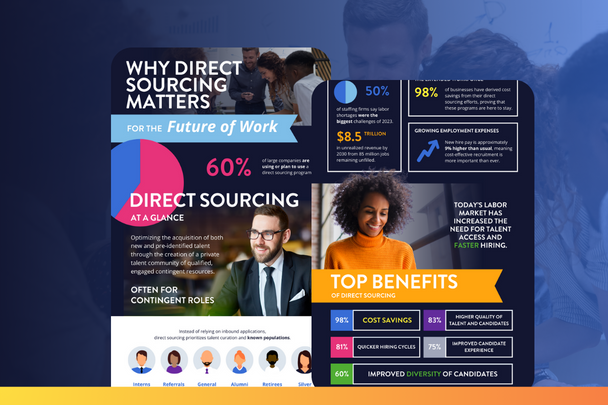“Tell me about yourself,” is a commonly used phrase in interview, networking and other event settings. It’s often used as a starting point for learning about someone’s career or passion. In traditional interviews, a candidate typically replies to this imperative statement with an abbreviated account of their work history, present job and future career goals to demonstrate that they are the “right,” fit for an open role.
If I were a traditionalist, I’d bank on this formulaic approach. But I believe that, as individuals, we are more made-to-measure than ready-to-wear. A truly bespoke fit is a matter of comfort and personal style. So, whether you are leveraging your je ne sais quoi within your network or workforce, there doesn’t have to be a disconnect between your personal and professional self. Many people don’t care for the feeling of vulnerability that accompanies candid conversations. Strict policies and/or bureaucracy within the workplace tend to make us even more wary of potentially oversharing.
So, how do we combine traditional and behavioral management theories to build mutual respect, trust and sense of belonging into our workforce?
1. Get real
Genuine leaders don’t have to try very hard. Because their intention is real. People feel that. It’s a natural connection that we want to follow. It’s almost impossible to get the same result from prescribed conversations. So, if you want to be a better influencer, start by ditching the script. You don’t need a seat in the C-suite or even a management position to lead. You simply must have the desire to connect, inspire and motivate people to achieve shared objectives.
Tell me about yourself. What information are we actually seeking when we say these four words? Or better yet, what response would benefit our exchange? A lot of work goes into detailing work history on a resume and preparing for the speaking engagements, interviews and other professional opportunities that follow. Is the end-goal really for someone to share that same material with us aloud and in person? If we want to identify commonalities and differences, those we can see and those we cannot, we must commit to a new dialogue.
2. Get Comfortable
The more comfortable you are sharing your own unique and sometimes personal experiences, the more likely you are to receive open, honest communication in return. After all, we are only as transparent as our circumstances allow us to be. So even though it can be intimidating to be your authentic self in formal settings like a corporate event or job interview (no matter which side of the table you are seated), it does not benefit you to fake it. Trust me, everything is uncomfortable under the guise of an ill-fitting corporate persona. It’s not worth saying the “right,” things when they feel wrong.
While getting uncomfortable to feel comfortable may sound self-contradictory, it works. When you break past your comfort zone, greater wisdom and skills are sure to greet you on the other side. The discomfort is temporary. And when it subsides, you may find you’ve honed your ability to empathize. Don’t be afraid to ask sensitive questions to improve your understanding. There is space for professionalism and vulnerability within the workplace.
At a time when people need it most, even the smallest of human exchange can be incredibly meaningful. Capitalize on the moments you can stop, listen and genuinely connect. “Tell me about yourself,” is an invaluable conversation starter when it’s a deliberate practice. The things that make us tick matter. Beneath the misunderstood, weird and unusual, exists a rainbow of culture, creativity and rare talent. Let’s get to know it.











